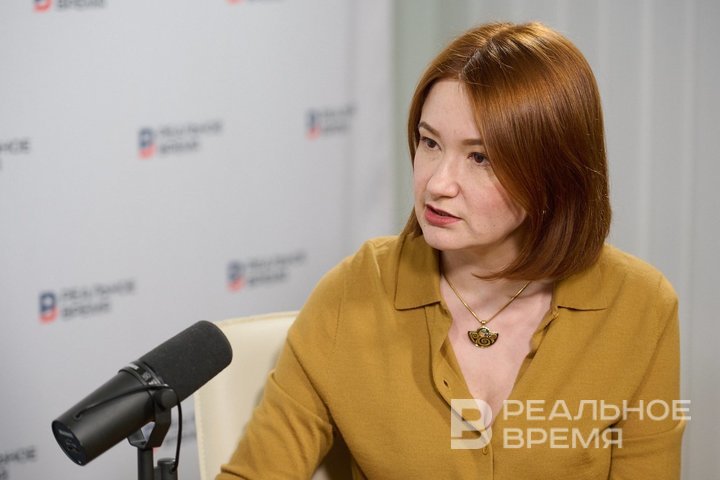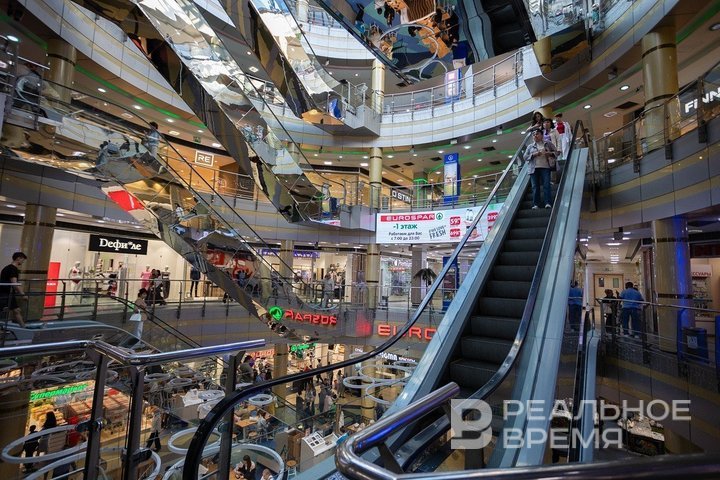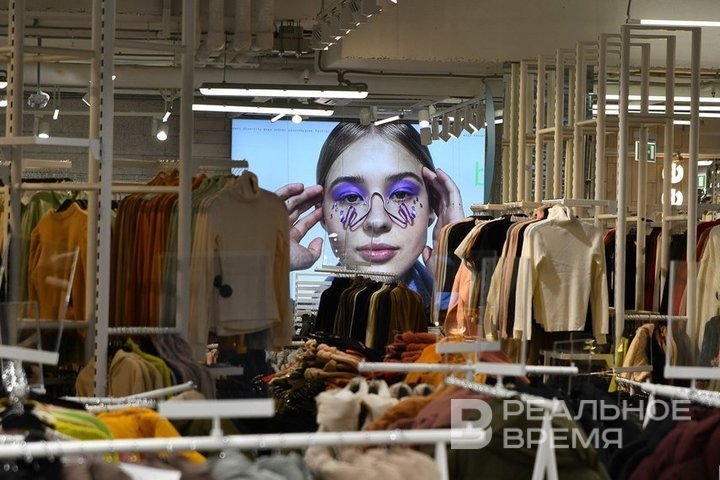Yelena Stryukova: ‘There is no space left in Kazan for the return of Inditex and H&M’
The plenipotentiary representative of the Russian Guild of Managers and Developers believes that new shopping centres will have to be built in the city if the brands return

The surge in activity of foreign companies to protect their brands in Russia was taken as their desire to return to our country. Many were impressed by the return of Russian assets to the Italian manufacturer of household appliances Ariston. Now experts are thinking about similar prospects for the rest of Western businesses. However, the niche of the departed players has almost completely been filled, warned plenipotentiary representative of the Russian Guild of Managers and Developers in Tatarstan Elena Stryukova at an online conference of Realnoe Vremya. The managing partner of Perfect RED believes that if the comeback of fashion retailers does happen, new commercial premises will have to be built for them in Kazan if rental rates make it economically feasible.
Anti-record of secondary housing in five years
Yelena, what is happening in the real estate market now, how are the players feeling?
It is quite difficult to define the entire real estate market in one word, but if you try to find a characteristic, it is probably a feeling of some kind of freezing, stagnation. It is clear that this is primarily due to the lack of available financial instruments for purchasing housing. We are seeing that developers are experiencing great difficulties with the sale of apartments.
Since we touched on the topic of the return of brands. What is the situation in Kazan? Do you receive requests from representatives of foreign companies?
Honestly, I have a feeling that so far there is more information hype around this topic than facts. Neither I nor my colleagues from Moscow consulting companies have recorded any mass requests from international players to return to the market.
It seems to me that this is more the expectation of the shopping center owners themselves in connection with the change of the American president and the course of its policy. Everyone thinks that maybe this will move things forward. Rather, we are thinking in the theoretical field — what will happen if this happens?
If we talk about consumer demand, of course, visitors to shopping centers miss these brands and are waiting for their return. Despite the fact that the replacement of brands in the fashion segment occurred at a rate that no one predicted or expected, the quality of goods and service provided by our Russian brands, unfortunately, do not always reach the level to which we are accustomed. Three years have passed, and people are still waiting for the return of fashion brands.
But another question arises: is there anywhere to return to? Because, by and large, if we operate with such a key parameter as the share of vacant premises, that is, empty ones, we can say that the replacement has almost completely occurred. Moreover, we all expected that some brands from China, the CIS would come, but in fact, in most cases, these are Russian companies.

So in Kazan there are definitely no vacant premises left where such large operators as the Spanish Inditex group (brands Zara, Bershka, Pull&Bear and Massimo Dutti) or the Swedish retailer H&M, which rented 5,000 square meters, could return. Hypothetically, I suppose that if this return of brands does happen, maybe there will be developers who will want to quickly build something for them. Demand always creates supply.
When Russian brands replaced the departed international ones, it seems to me that they could not help but consider this risk of return. Of course, they signed a long-term lease agreement, which the owner, the landlord cannot terminate at his own discretion.
Perhaps this is still a mutual interest, and not just the expectations of our shopping centre owners? After all, Western companies are now actively registering trademarks in Russia, even IKEA recently filed an application.

I recently read the results of a study conducted by the Anketolog company. Russians were asked which brands they miss most often. The top 3 included IKEA, McDonald's, and Coca-Cola. Although we have some kind of analogue in parallel imports or other ways, as in the case of Vkusno — period, it is obvious that this is still not what our consumer would like.